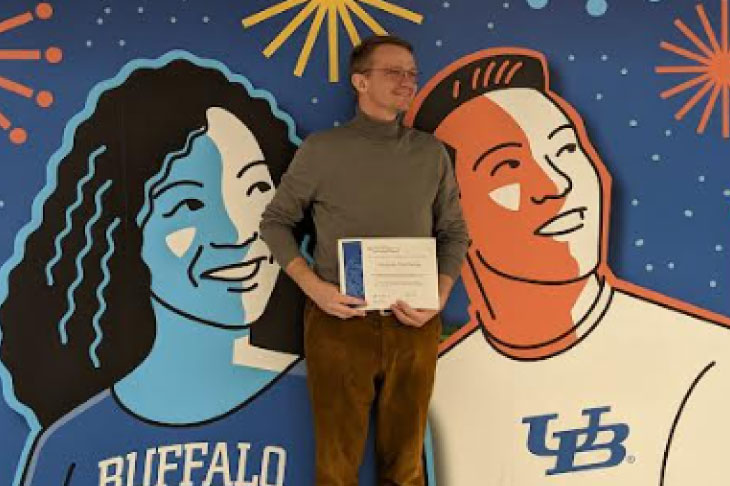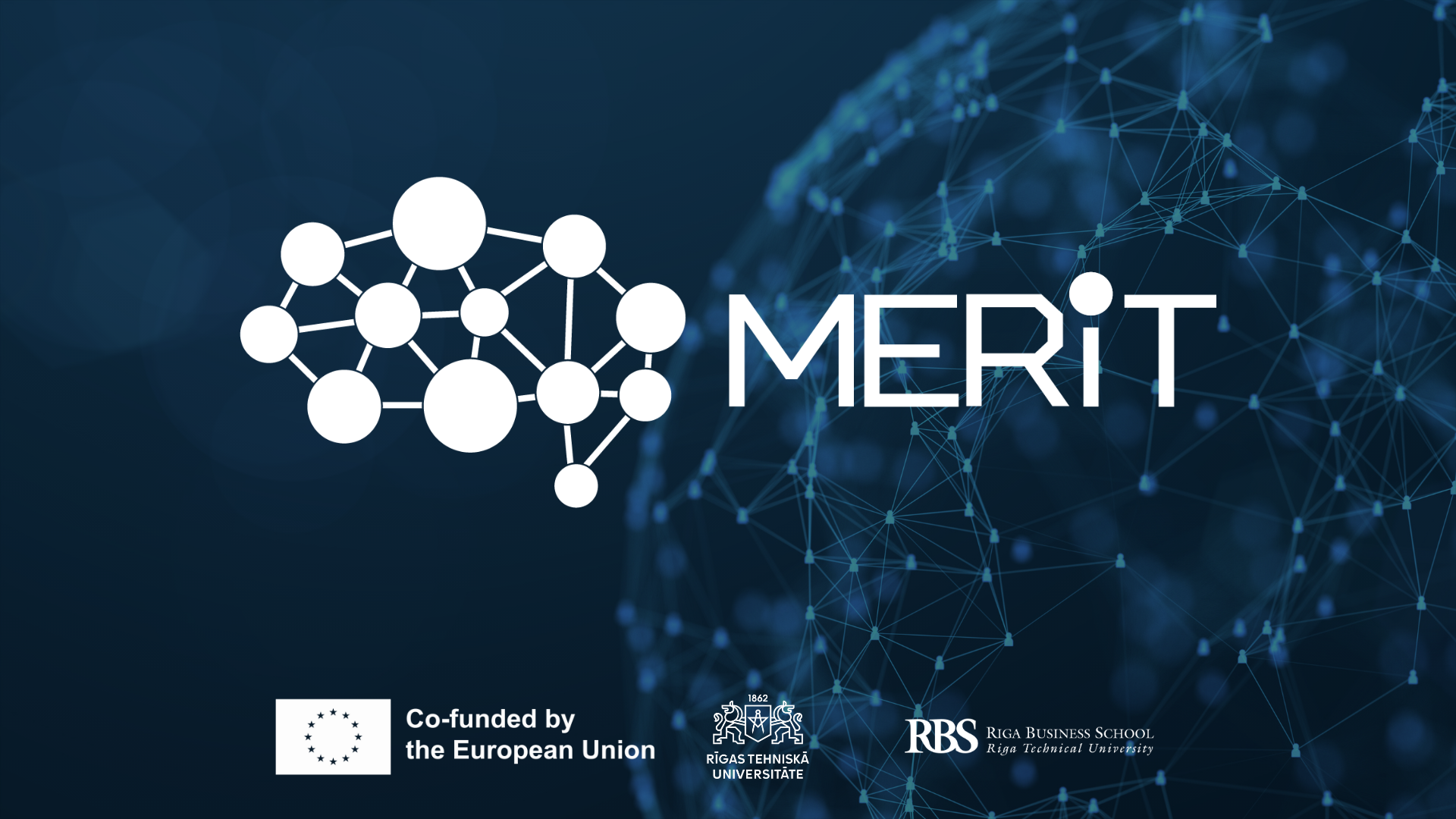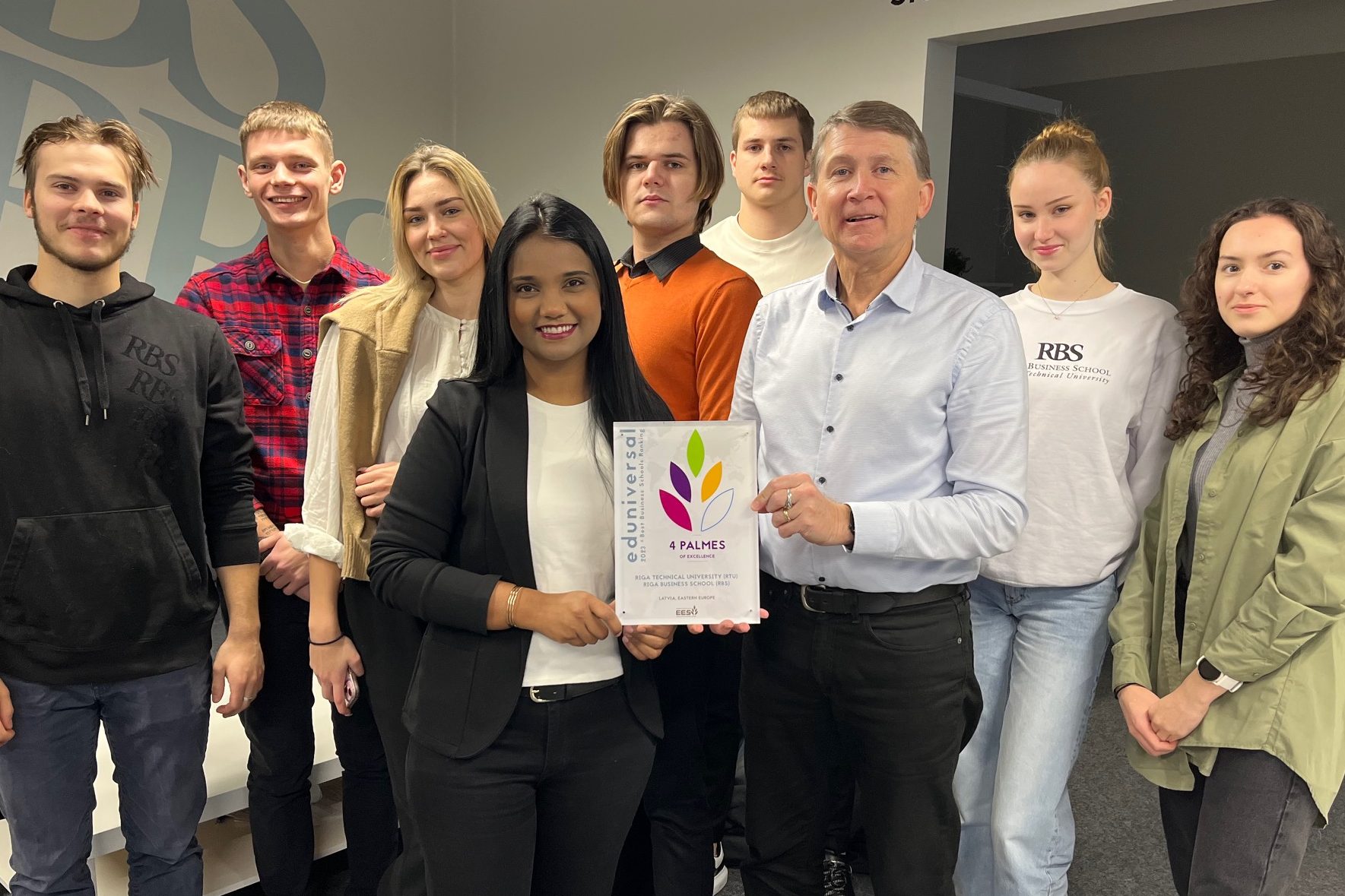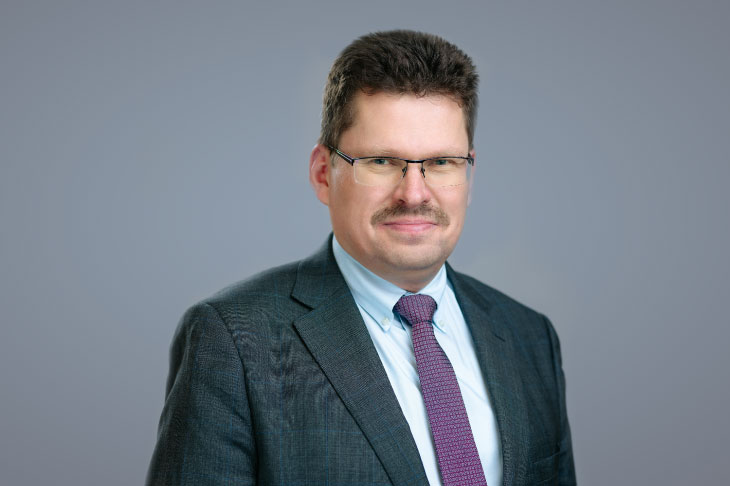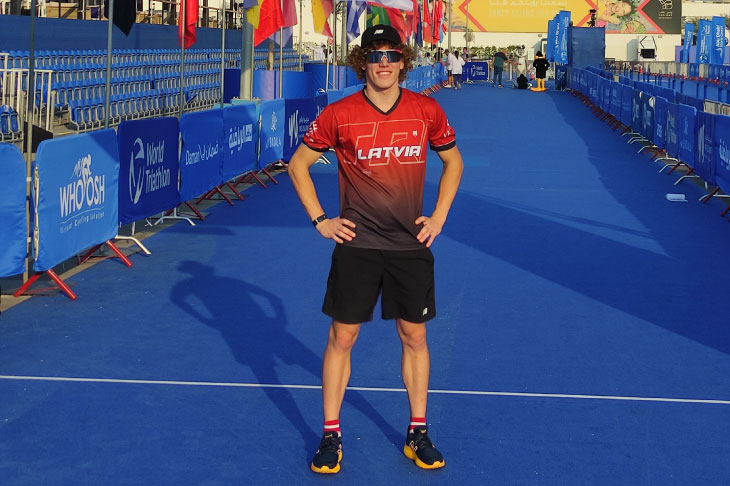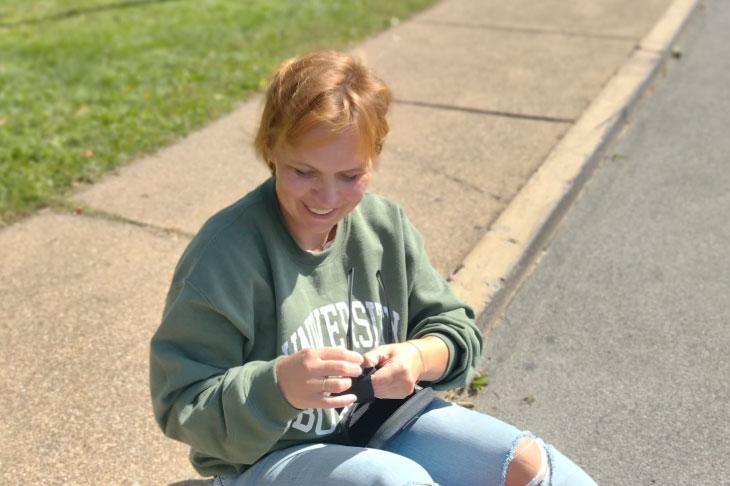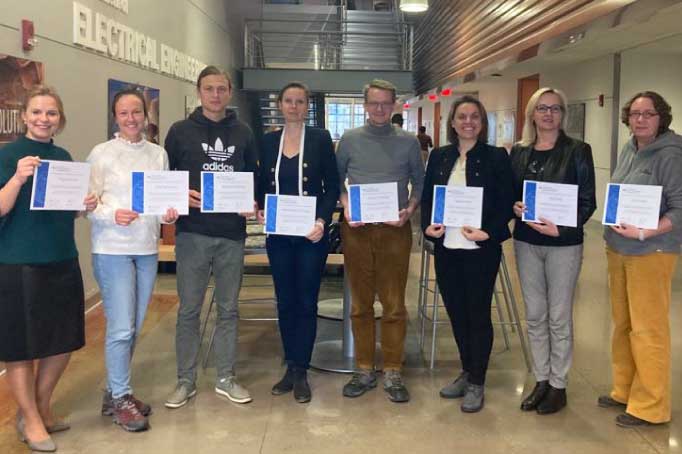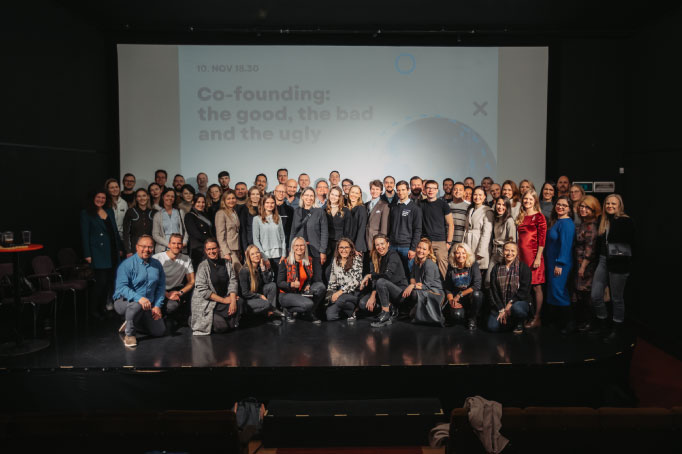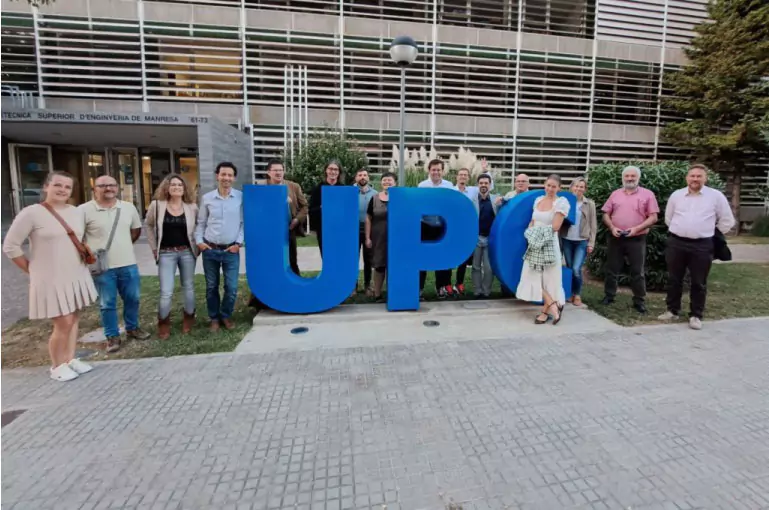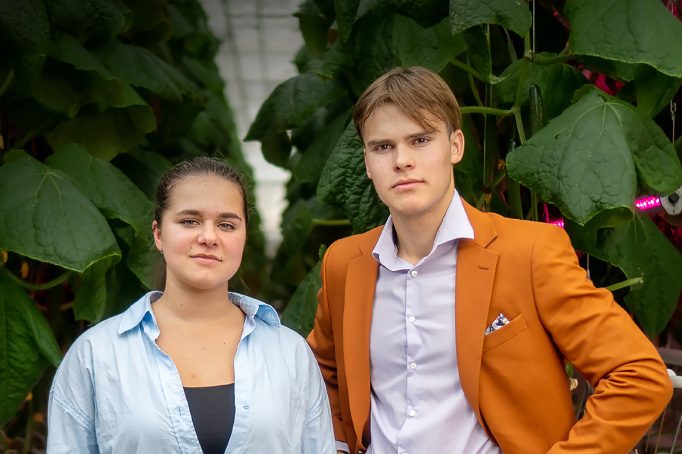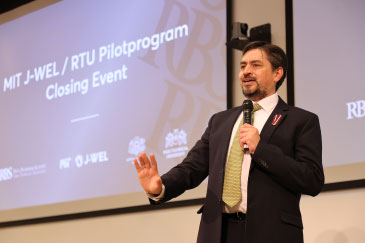Kaspars Steinbergs is a lecturer at the EKA University of Applied Sciences (Riga, Latvia) and a researcher at the Vidzeme University of Applied Sciences. He is teaching courses in Management, Project Management, Strategic Management, Creative Industries and Game Industry for undergraduate and graduate students. Kaspars holds Doctoral Degree in Business Management (Dr.oec.) from Riga Technical University and his research interests are creative industries, university and industry collaboration. He has been involved in education and research projects on creative industries, event management, innovations and education quality monitoring locally and internationally.
Before returning home from the semester at the University at Buffalo, where he, along with 7 other Latvian lecturers, strengthened his digital skills, Kaspars reflects on the experience:
“Today is the last day here in Buffalo and it’s an opportunity to reflect on these four months. The first insight I want to share is that our faculty are actually no better or worse than the faculty here. In both places we have great teachers, and teachers who are not so good. Yes, we use different methods, different approaches, but overall the level of teaching and quality of the faculty is not particularly different whether it is in Buffalo or back home in Latvia.
Furthermore, there is a significant difference in the opportunities available to students here. There are so many events, seminars, excursions, sports activities, scientific and recreational events that students can attend. Studies can take up a lot of time, but the free time available for student life and activities is extensive and diverse. There are plenty of places where students can come together and have fun, both during study time and outside of studies. Starting from the apartments to the large auditoriums, faculties, and more, various events are held everywhere. This environment really motivates students to study here, work together, fulfill tasks and group work. Although the studies are tough, everything is done to make them as interesting and exciting as possible, while still allowing students to gain knowledge and apply it in various scenarios and courses.
The most crucial difference is probably that the lecturers here are very focused on research. If we look at publications and examine various rankings—it is, on average, incomparably higher than it is in Latvia. Already in the first courses, basically in all the courses we had, there was some kind of research component—whether it was reading an article, reading many articles, writing articles, or doing research. From the very basics all the way to doctoral courses, everywhere there is an emphasis on research. Basically, the whole study course is based on research. Here the students read a lot of scientific literature, learn to discuss the literature, and then also do their own research based on the reading material. This goes all the way up to the lecturer and professor levels. I really felt this focus on research in the study courses.
Summarizing the main gains and insights from these four months:
- Firstly, our professors in Latvia are just as good or just as bad as the professors here.
- Secondly, there is a much greater emphasis on research in all studies throughout the process.
- Thirdly, studies are tough, it is like a full-time job, but everything is done to make students feel comfortable and to help them achieve their goals both in studies and beyond.”
The Buffalo program promotes the introduction of innovations and digitization in higher education, as well as the transfer of world experience to Latvian universities. The project is financed by the European Regional Development Fund (ERAF) in project no. 1.1.1.5/18/I/008 “Support for RTU international cooperation projects in research and innovation” allocated funds. Riga Business School implements and coordinates the program as a structural unit of RTU in close cooperation with the Ministry of Education and Science.
